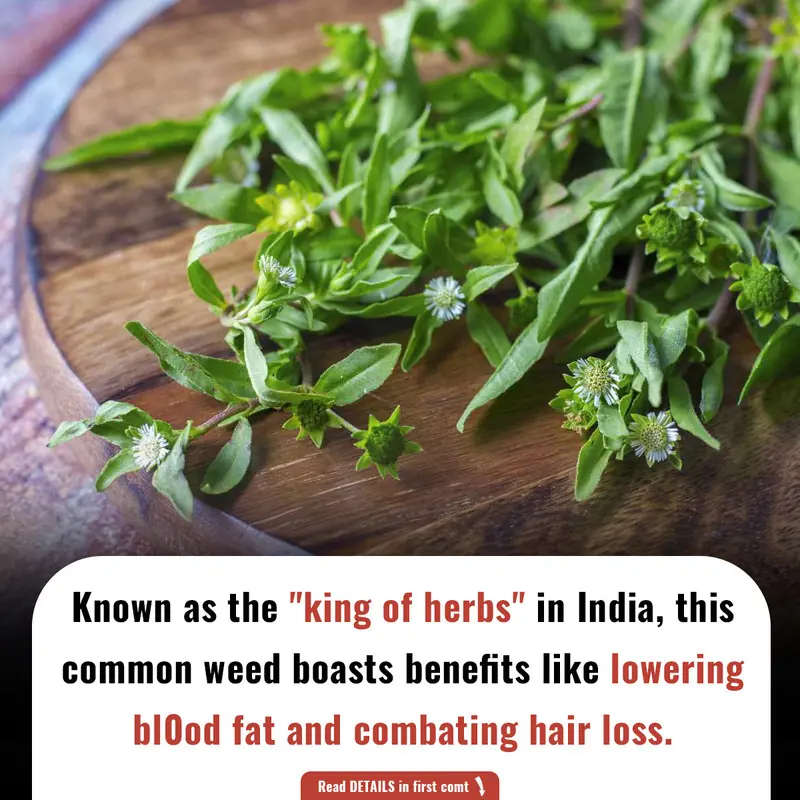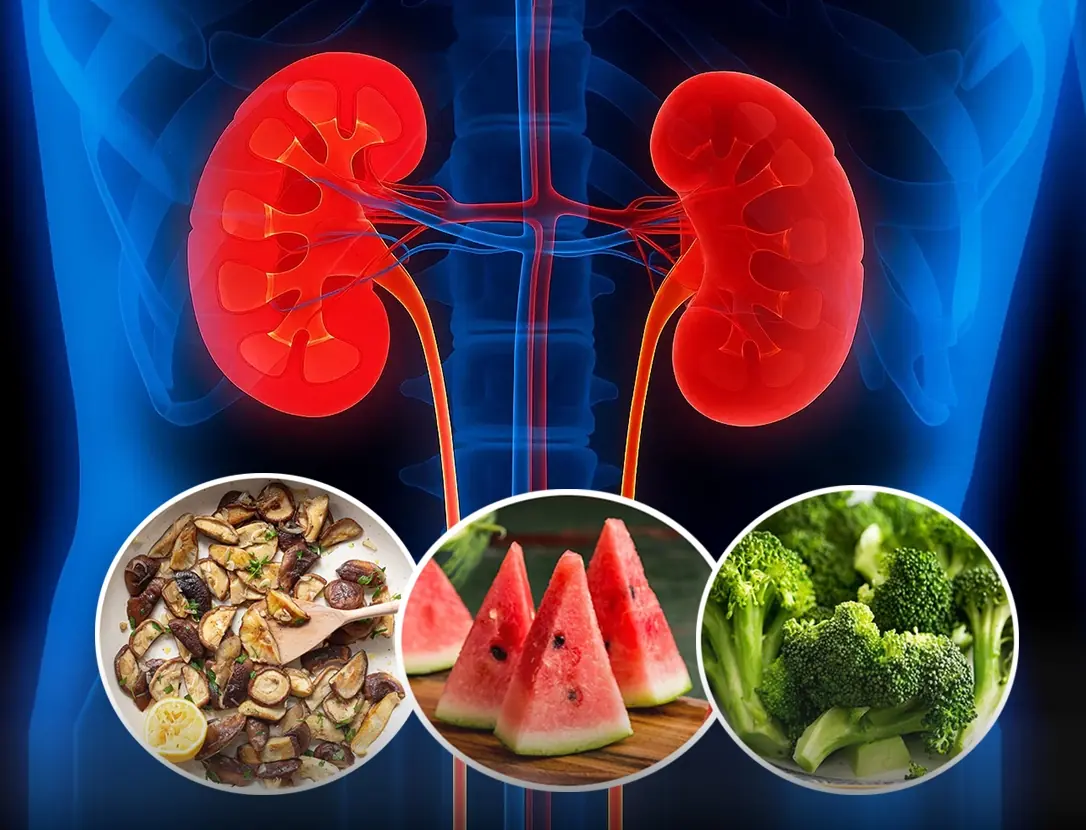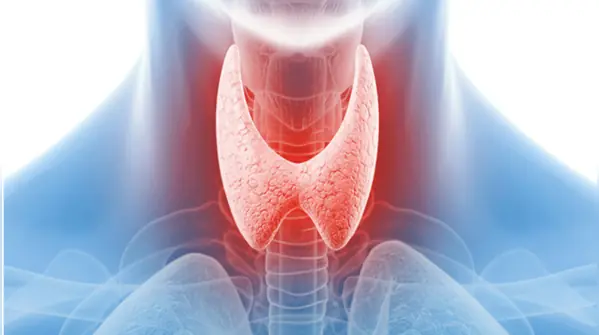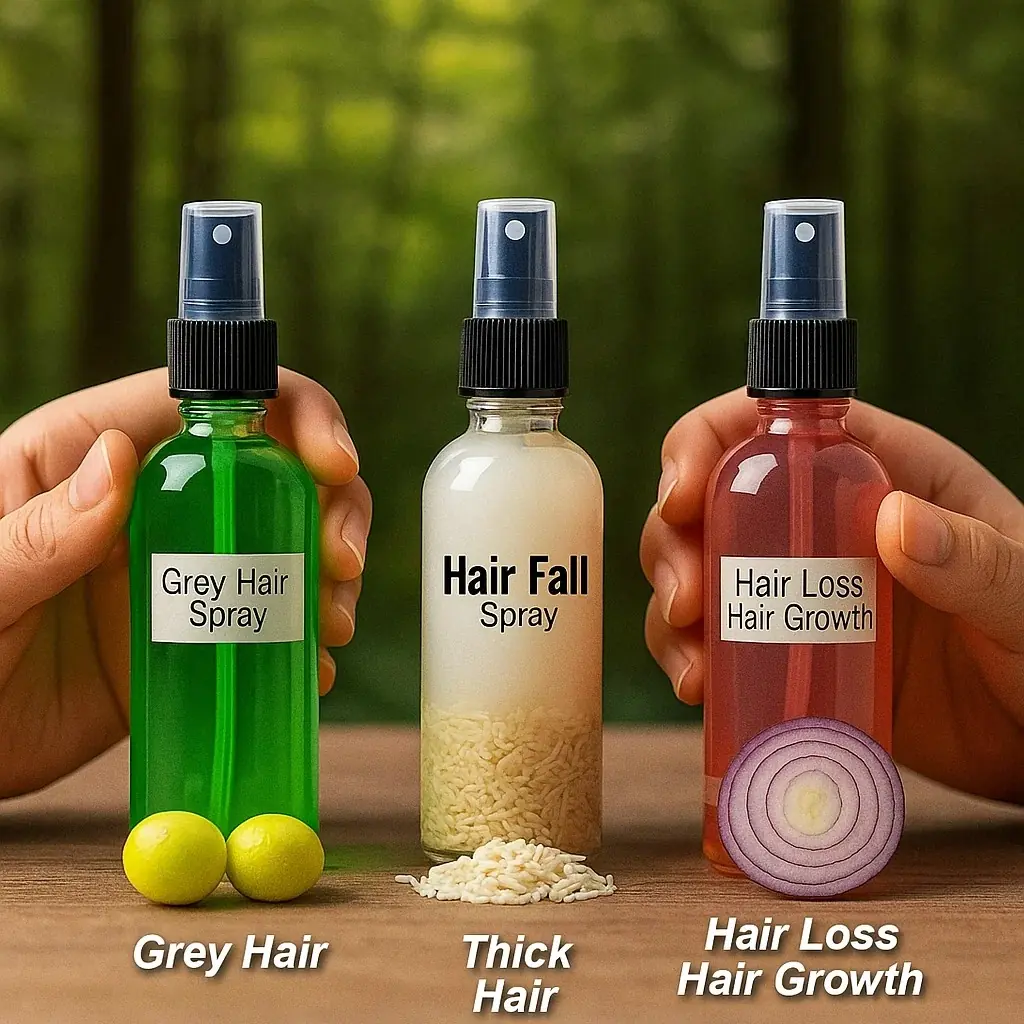Bananas are a type of fruit that many people love, but not everyone can eat them. Here are three groups of people who should limit their banana consumption.

Nutritional Value of BananasAccording to Dr. Duong Ngoc Van (Specialist Level I) from Medlatec General Hospital, bananas were recognized as a top-tier superfood by the American Medical Association as early as the 20th century.
Each banana packs a wealth of essential nutrients, including:
-
Calories: 89
-
Sugar: 12.2g
-
Protein: 1.1g
-
Carbohydrates: 22.8g
-
Fiber: 2.6g
-
Fat: 0.3g
Bananas are a carbohydrate-rich fruit, primarily consisting of starch and natural sugars. As bananas ripen, the carbohydrate content undergoes a significant transformation.
In unripe bananas, around 80% of their dry weight is starch. As they mature, most of this starch is converted into sugars, with ripe bananas containing less than 1% starch.
Ripe bananas feature three main types of natural sugars: fructose, sucrose, and glucose. Altogether, these sugars make up over 16% of the fruit’s fresh weight. Despite their sugar content, bananas have a relatively low glycemic index (GI), typically between 42 and 58, making them a moderate option for blood sugar control.
Vitamin and Mineral Highlights
Bananas are also an excellent source of several important vitamins and minerals, particularly:
-
Vitamin B6: A medium-sized banana provides about 33% of the daily recommended intake.
-
Vitamin C: Bananas are a good source of this antioxidant vitamin.
-
Potassium: With a high potassium content, bananas can help regulate blood pressure and support heart health when consumed regularly.
Health Benefits of Resistant Starch and Pectin
Unripe bananas are especially high in resistant starch — a type of carbohydrate the body can't fully digest. This form of starch provides fewer calories than standard starch and offers various health advantages, making it suitable for weight management diets.
Once in the colon, this resistant starch is fermented by gut bacteria to produce butyrate, a short-chain fatty acid that supports digestive health.
Bananas also contain soluble fiber, such as pectin, which increases in concentration as the fruit ripens. Both resistant starch and pectin are known to help regulate post-meal blood sugar levels, preventing sharp spikes.
Who Should Be Cautious with Bananas?
Although bananas are highly nutritious, they aren’t ideal for everyone. According to VeryWell Health, as cited by Health & Life Newspaper, the following groups should consider limiting their banana intake:
1. Individuals with Irritable Bowel Syndrome (IBS)
Ripe bananas contain a high amount of oligo-fructans, a type of fermentable carbohydrate that may worsen bloating and digestive discomfort in those with IBS. Choosing less ripe, firmer bananas may reduce symptoms, as they have lower oligo-fructan content.
2. Patients with Heart Failure
Some medications prescribed for heart failure can increase potassium levels in the blood. Since bananas are rich in potassium, overconsumption may raise the risk of hyperkalemia, which can be dangerous.
3. Individuals with End-Stage Kidney Disease
In the final stages of kidney disease, the body struggles to regulate potassium effectively. For this reason, potassium-rich foods like bananas are often restricted to avoid further complications.
Bananas are a convenient and nutrient-packed food that offers multiple health benefits. However, it’s important to tailor their consumption to individual health conditions to make the most of their goodness — safely.




























